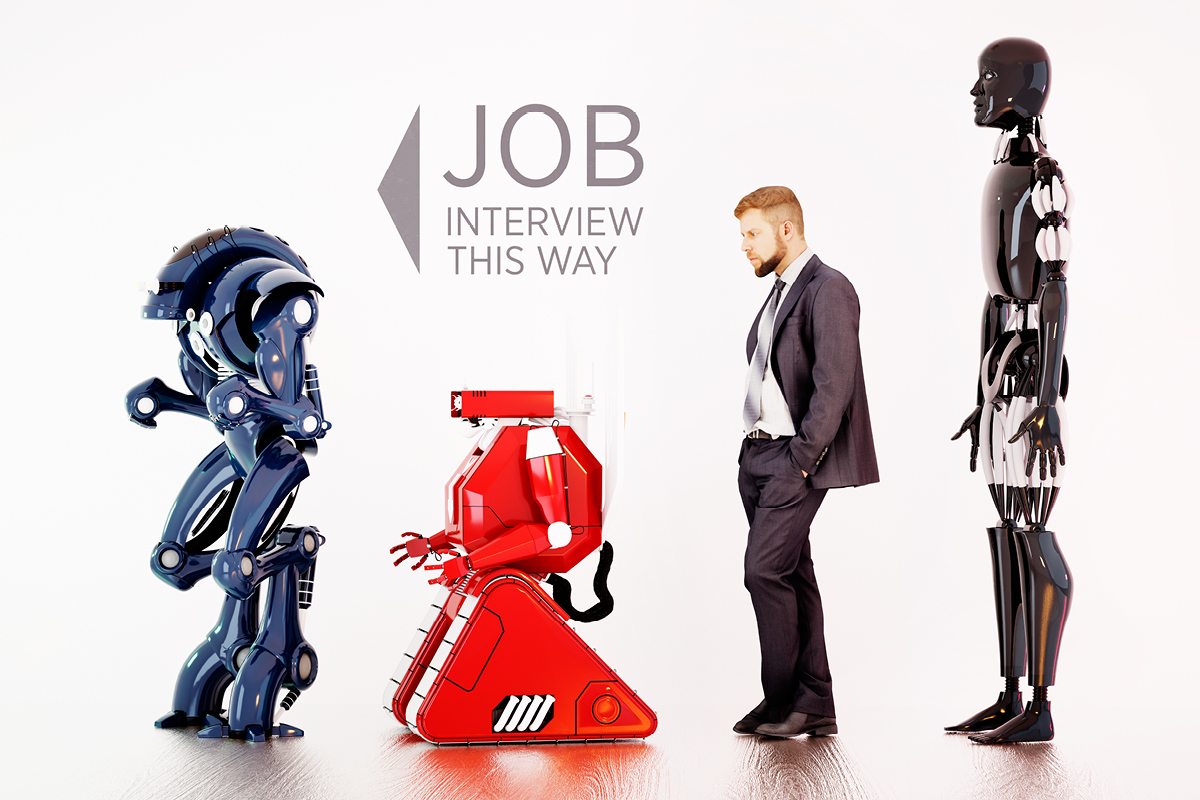Technology is evolving at a rapid pace, providing the world with exciting advancements, improving efficiency and productivity, through innovations such as driverless cars, smartphones, 3D printing and artificial hearts. While technologies have changed the way that we go about our daily lives, they are also changing how we work and what work we do.
The Oxford Martin Program released research that predicts that 47% of today’s jobs will be automated away within the next 20 years due to technology advancements. This leaves us with the question – are we innovating ourselves out of work? Are we becoming the new horse?
Horses were once widely used across industries. Yet today, where are they? Technology has made them redundant. Are humans at risk of the same?
Horses were once widely used across industries. Yet today, where are they? Technology has made them redundant. Are humans at risk of the same?
A recent study within the blue-collar sector shows that mining and manufacturing jobs have been decreasing rapidly. Could this decline be similar to that of the agriculture industry, which now sits at only 3% of the workforce, when once it was 60%? Experts have warned that the transport and logistics sector is also at risk of replacement, due to driverless vehicle technology. As a nation whose economy relies on a $200 billion transport and logistics industry, waving goodbye to truck and taxi drivers will have extensive consequences.
While these manufacturing and labour intensive jobs are directly affected by current automation, don’t be tricked into thinking that white collar careers will not fall with this same technology avalanche. Sport analysts, online marketers, surgeons, lawyers, pharmacists and financial analysts are just a few of the positions that are expected to see technology replace the need for human capital.
Research conducted by PwC in 2016 predicts that 61% of all financial service positions will be automated and the entertainment sector will experience a surprising 27% decrease in hired staff by 2025. Office support (such as receptionists and security guards) and sales/service positions (such as cashiers, counter clerks, telemarketers and accountants) also face an increasingly high risk of automation.
Research conducted by PwC in 2016 predicts that 61% of all financial service positions will be automated and the entertainment sector will experience a surprising 27% decrease in hired staff by 2025.
These developments will be seen through the adaption of artificial intelligence, where machines are no longer programmed merely to complete one task, but to adapt to the environment and people around them, learning from their mistakes and continually evolving.
While this discovery might have your heart rate temporarily spiking, it is not all doom and gloom. Experts predict that the increase in computing power may result in the refocusing of skills rather than a reduction in the workforce. With automation allowing industries to grow at strengthened rates, employee positions will become more refined, resulting in the increased need for skilled, flexible labour. Automation will redefine the value placed on certain skills and create new roles that flexible professionals can fill.
New technology also means new products and new services, which in turn means new types of jobs. To remain relevant the workforce, both current and in the future, must change their thinking and adapt their skill sets to suit this continually evolving market.
How do workers remain relevant as these changes occur?
-
Invest in soft skills
Machines cannot interpret body language, provide eye contact and a smile when solving problems, break down emotional barriers or build rapport with customers. Therefore, focusing your energy on developing leadership proficiencies, a specified skill set, entrepreneurialism, emotional intelligence and interpersonal abilities that cannot be replicated by a machine will be a key differentiator. Organisations will always need leaders and managers who can build their teams to grow and succeed in a changing world.
-
Strategic learning
In 20 years, our success will not necessarily be driven by our quantitative skills or our work efforts, but by how we collaborate and integrate with leading technology within the industry. While technology might see the extinction of certain jobs, it will also bring to the table a whole new range of careers that haven’t yet been explored.
How do we study for a career that doesn’t yet exist? Focus on areas of study that are emerging and growing. We must also remember that we aren’t obsolete. Humans are still responsible for designing these machines, programming them and repairing any technical glitches or breakdowns.
-
Embrace creativity
If there is one thing that computers and robots cannot yet do, it is to come up with original and creative content. Can’t draw or write? Creativity is more than this. Ideas, inventions, solutions and an ability to think outside of the box; this is where creativity can be expressed and where the next big idea is waiting to be discovered.
As humans, we have several advantages over the horses in this situation; the fact that we have some control over the emerging technology and markets is a significant one. However, I truly believe our biggest advantage in this changing world is that we have the potential and ability to embrace change. We can upskill, redeploy, learn and enhance our productivity through technology, rather than sitting back and waiting to become obsolete.
There will be fierce competition in a dramatically stunted job market, and we must continue to upskill through learning and development to ensure we remain relevant. Instead of viewing this revolution as a negative and fighting the technology advancement, I am taking this as an opportunity for discovery, growth and invention. This is the way we ensure we don’t become the new horses.







